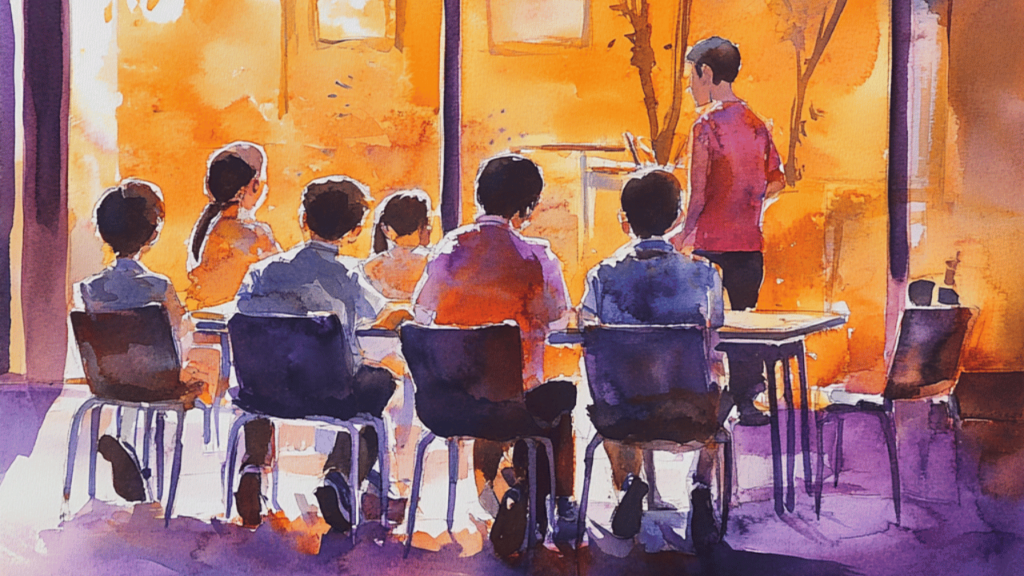Mediation is organized by the Education Code (Article L23-10-1 and Articles D222-37 to D222-42-1).
The Mediator for National Education and Higher Education is a senior official responsible for ensuring mediation functions within the public education system. They are an independent and impartial interlocutor.
Who can refer to the mediator?
You can refer to the mediator if you are in one of the following situations:
- Parent of a student;
- Student;
- University student;
- Adult in training;
- Employee of the National Education or Higher Education administration.
In which cases should you refer to the mediator?
- You can refer to the mediator if you have been unable to resolve a dispute concerning the functioning of the public education service, from preschool to higher education.
- The mediator does not intervene in disputes that are not related to the education system, and does not intervene to answer information requests.
- There is a national mediator and academic mediators.
You should contact the academic mediator if you contest a decision made by one of the following organizations:
- Educational institution (school, middle school, high school, university, etc.);
- Service under an academy (departmental directorate of national education, rectorate, Crous, Cned, etc.).
You should contact the National Education and Higher Education Mediator if you contest a decision made by one of the following organizations:
- Central administration of the Ministry of National Education or Higher Education
- Network of French institutions abroad (AEFE)
- Inter-academic Examination and Competition Service (SIEC)
What is the procedure?
- You must first address a complaint to the service or institution concerned before appealing to the mediator (Article D222-41 of the Education Code). If you do not receive a satisfactory response, you can contact the mediator, free of charge, by email or post, by telephone, or online through a dedicated form.
- The addresses of the various mediators are available on the website of the Ministry of National Education.
- Furthermore, the Law No. 2016-1547 of November 18, 2016, on the modernization of justice in the 21st century, which facilitates the amicable resolution of conflicts, allows the judge (Art. L422-2 of the Code of Relations between the Public and the Administration) or the parties, by mutual agreement, to call upon the mediator to settle the dispute. If mediation fails, referring to the mediator here interrupts the deadlines for action before the administrative judge.
What does the mediator do?
- If the mediator deems that your complaint is not admissible, they will inform you with supporting arguments.
- If your complaint is deemed admissible, the case will be examined and the mediator will seek, within a short time, a solution with the service or institution that made the contested decision.
- You will subsequently receive their conclusions.
- Finally, if the solution they propose does not suit you, you can take legal action.
- Recourse to the mediator is free of charge.




